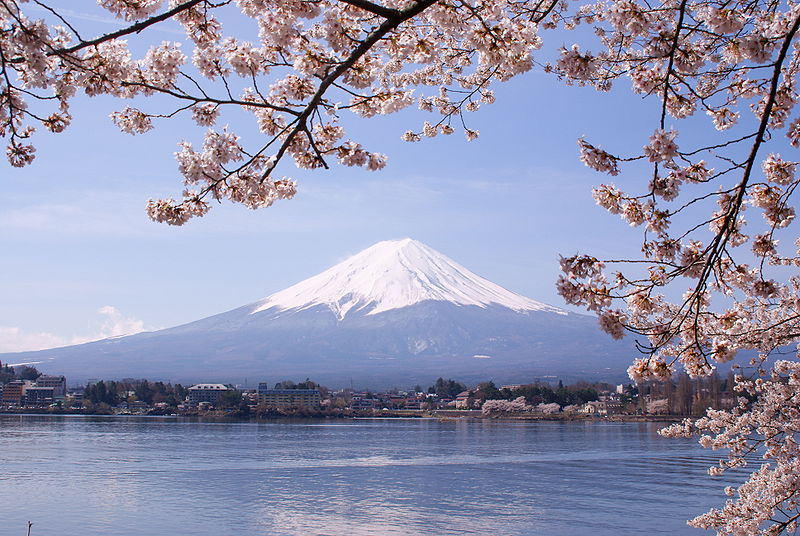
Students in Years 5 and 6 study Japanese language, and engage in comprehending (listening, reading and sociocultural understanding) and composing (speaking, writing and sociocultural understanding) activities.
Japanese offers an opportunity for learners to study a unique language that uses different scripts and characters –

Throughout the school year, students discover how Japanese language deeply reflects the complexity and cultural heritage of Japanese society. Operating on an A and B students will explore this through the following units:
What's in a Name: Language and cultural practices related to greetings and self-introductions in Japan and Australia.
What is family: Language and cultural practices related to members of a family unit in Japan and Australia.
My place your place: Language and cultural practices related to houses in Japan and Australia.
Out and about: Language and cultural practices related to customer service practices in Japan and Australia.
A day in a Japanese school: Language and cultural practices related to school life in Japan and Australia.
How we Celebrate Special Days: Language and cultural practices related to celebrations in Japan and Australia.
Mini Chef: Language and cultural practices related to food and eating practices in Japan and Australia.
Amazing Places: Language and cultural practices related to amazing places in Japan and Australia.
What is Character: Language and cultural practices related to folk stories in Japan and Australia.
Why Learn Japanese?
By studying another language, you may:
• Gain access to other peoples, ideas and ways of thinking;
• Become interested in and respectful of other cultures;
• Develop social and cognitive skills that will help you in other areas of the curriculum;
• Improve future employment opportunities.